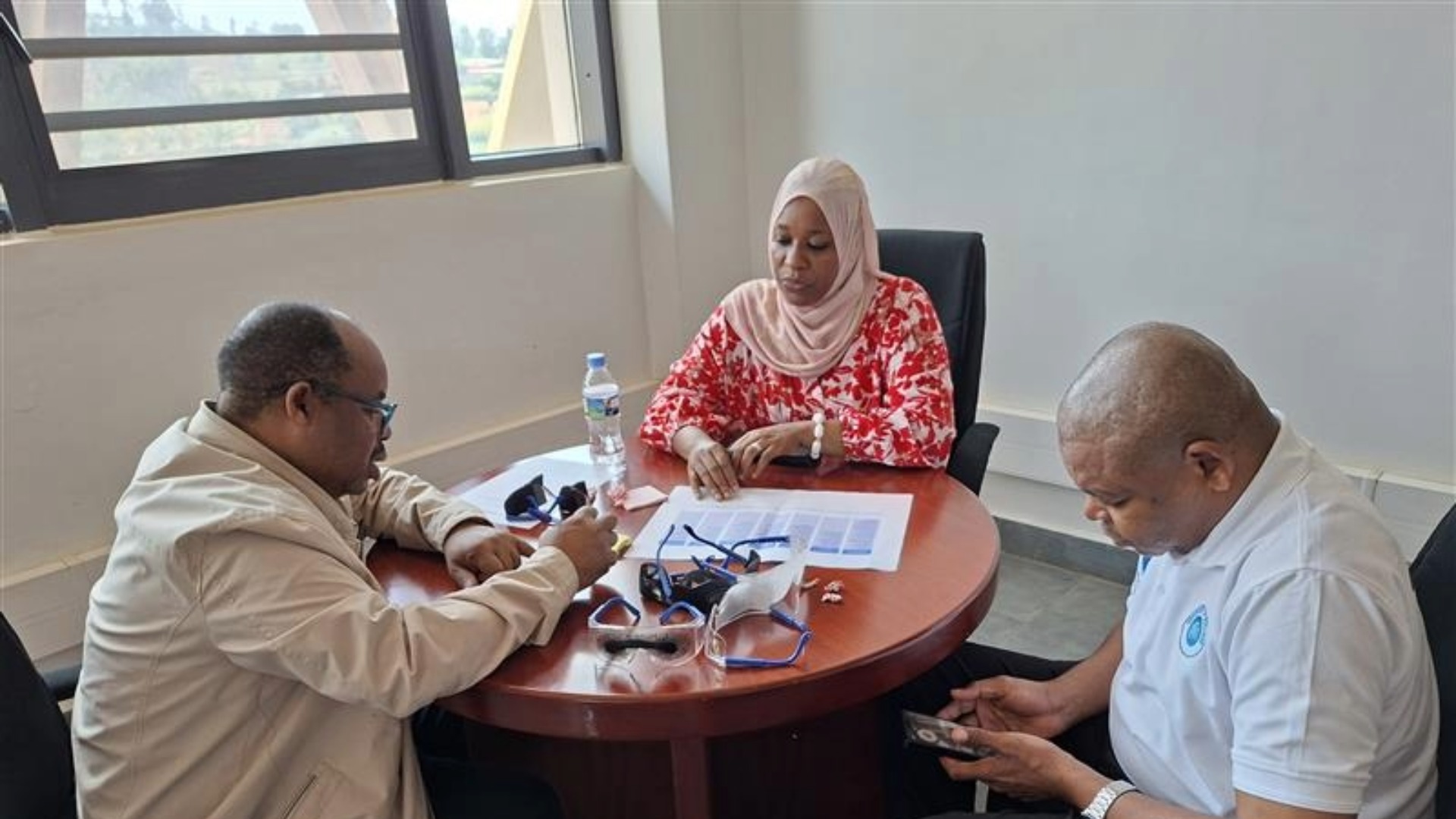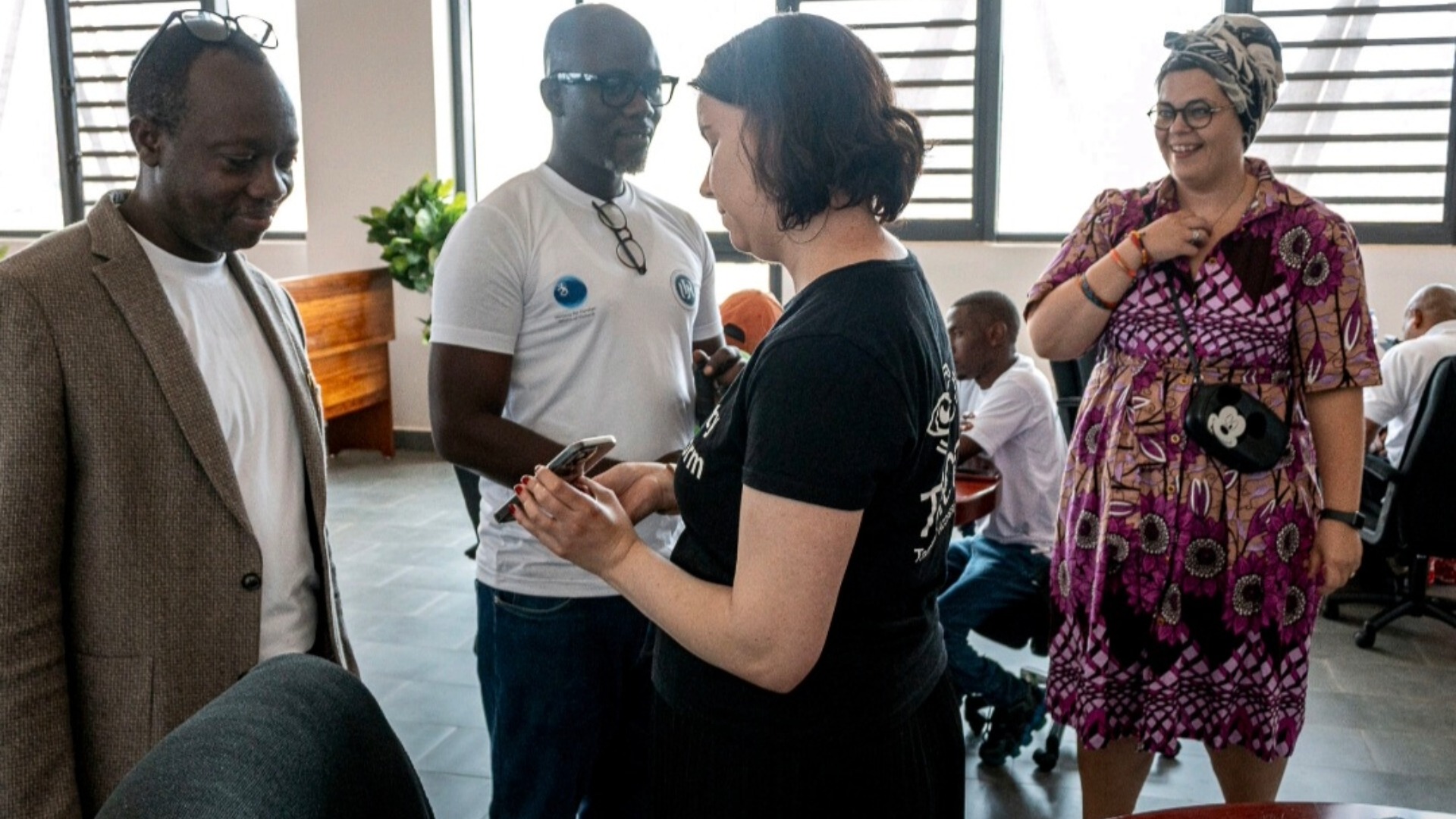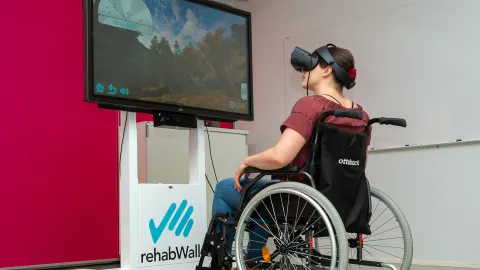During spring and autumn 2025, the BERT project organized four co-creation workshops. These workshops provided a multidisciplinary development environment where higher education actors, students, and stakeholders collaboratively developed inclusive solutions for higher education pedagogy. At the heart of the project was co-creation, where diverse perspectives and experiences were transformed into concrete practices. These practices are intended to be further developed and integrated into revised curricula and into everyday teaching and guidance.
Involving students in the planning and implementation of learning
Throughout the co-creation process, a clear need emerged for concrete participatory methods that especially support the learning of students with disabilities (SWDs). Such methods include involving students in the planning and implementation of learning, allowing them to choose learning styles that best suit them, providing teaching materials in accessible formats in advance, utilizing audio-based teaching methods and digital note-taking tools, and amplifying student voices through active participation in development work.
Student participation and community building are central to inclusive learning, and students were actively involved in the project’s activities, including the co-creation workshops. The project aimed to promote peer support and collaborative learning, student involvement in decision-making and planning, and the creation of a positive and supportive atmosphere.
Teacher training is needed to understand the needs of SWDs
Strengthening the competence of teachers and guidance staff has become a central development area. Essential skills and knowledge include recognizing and understanding different types of disabilities, being aware of students’ rights and accessibility principles, mastering and applying inclusive methods, and collaborating with various stakeholders such as private sector actors and regional partners.
Considering the individual needs of students is a key aspect of inclusive pedagogy. The workshops explored models that enable extended exam times, access to quiet spaces, and breaks during lessons. The importance of personal assistants, assistive devices, flexible seating arrangements, and adaptable schedules was also emphasized.
Accessible facilities are mandatory
Accessibility is both a physical and digital issue. The project highlighted the importance of accessible facilities such as ramps, elevators, and adjustable furniture. The use of digital solutions like screen readers, magnification software, and accessible online content was encouraged, along with the utilization of virtual learning environments.
Structural changes are needed
Promoting inclusive education also requires structural changes. The workshops proposed integrating inclusive teaching into curricula, allocating special funding for assistive devices and student support, ensuring equal opportunities in student admissions and employment, and fostering collaboration between the public and private sectors.
The co-creation workshops of the BERT project demonstrate that co-creation is an effective way to promote inclusivity in higher education. When students, teachers, and stakeholders work together, solutions emerge that support the participation and success of all learners. The results of the project provide a strong foundation for the continued development and broader implementation of inclusive pedagogy in East African higher education institutions and offer a model that can be widely replicated.
---
Breaking Barriers in Education: Inclusion, Rehabilitation, and Technology (BERT) project aims to contribute towards the enhanced capacity of Higher Education Institutions (HEIs) in East Africa to break down barriers hindering the full inclusion of persons with disabilities into society in the digital era. Specifically, the project aims to address the removing barriers that impede the full inclusion of persons with disabilities, thereby fostering a more equitable educational landscape.
The Ministry of Foreign Affairs funds the project, which is administered by the Finnish National Agency for Education (EDUFI). The project will be carried out between the years 2024 and 2026. Jamk – University of Applied Sciences Jyväskylä is the coordinator of the project. Other partners in the BERT project are the University of Tampere, the University of Rwanda, and the State University of Zanzibar.
*AI Copilot has been used to devise the structure of the text based on the results of workshops and to check the grammar.





